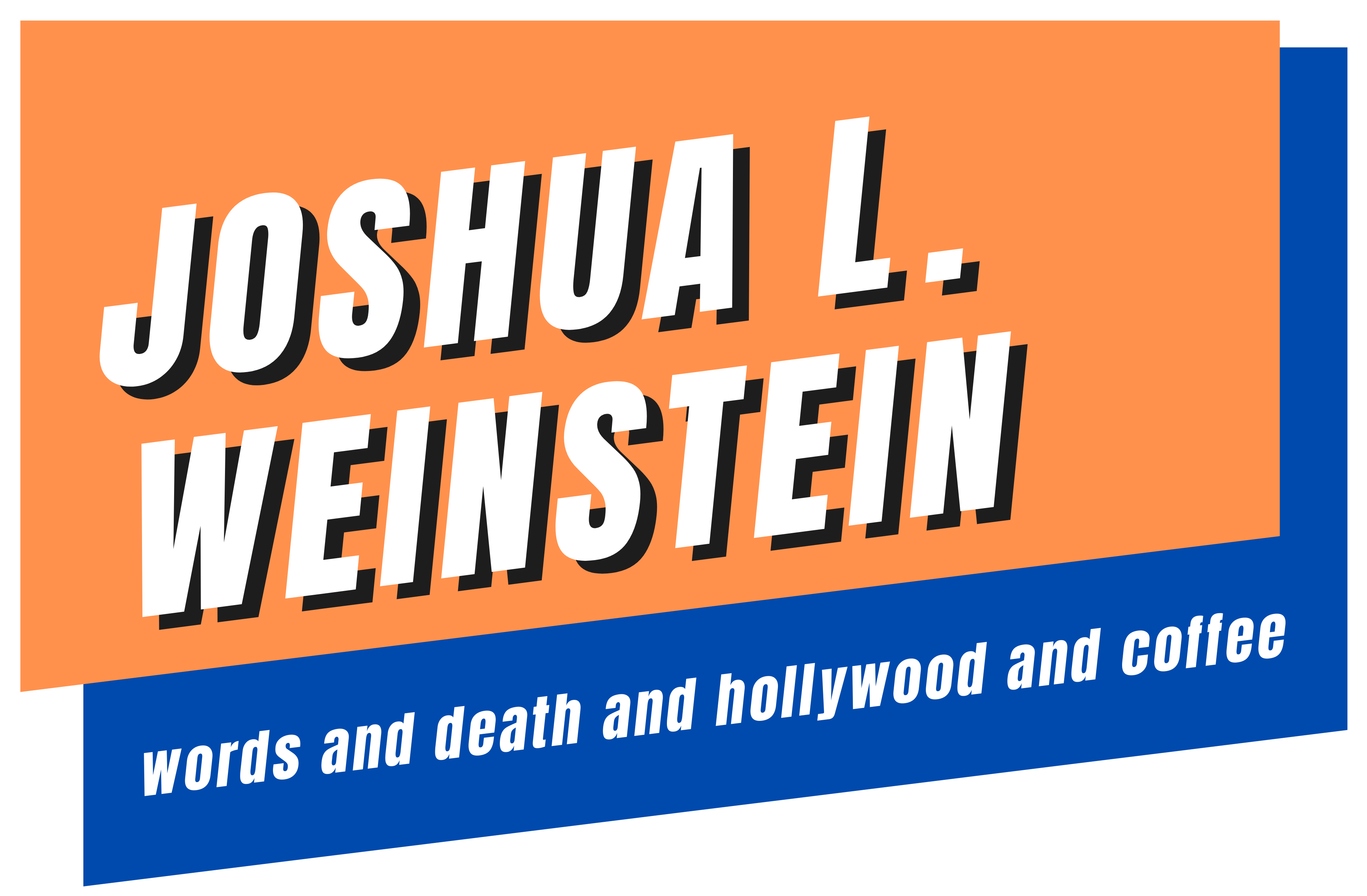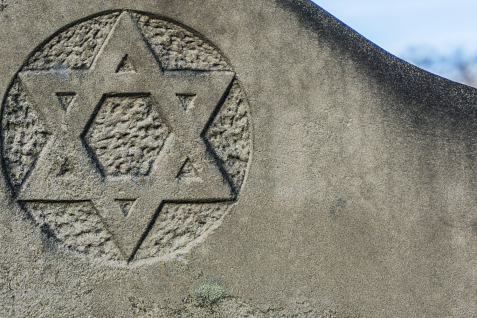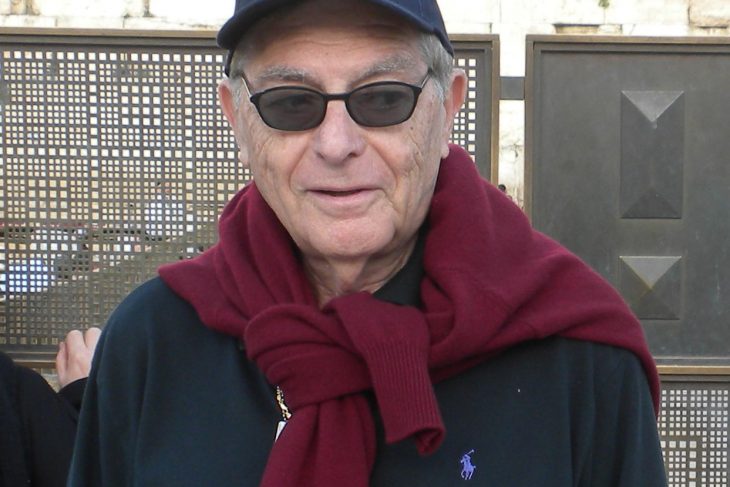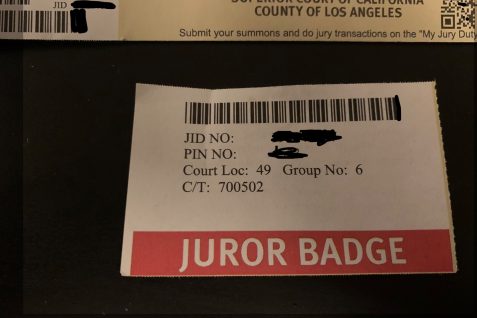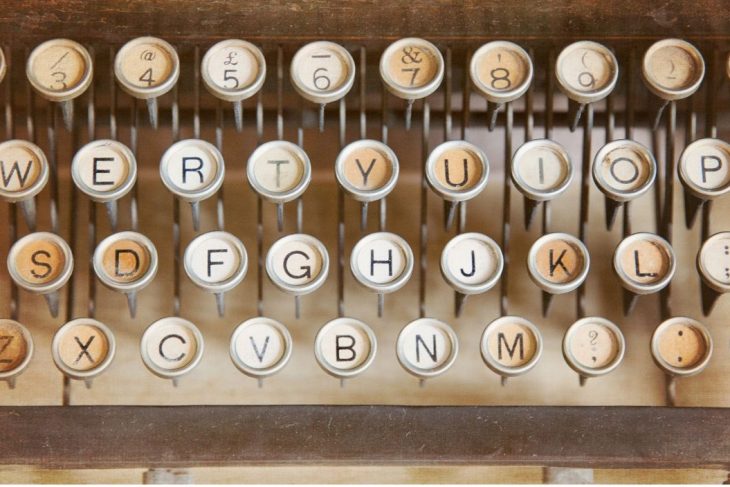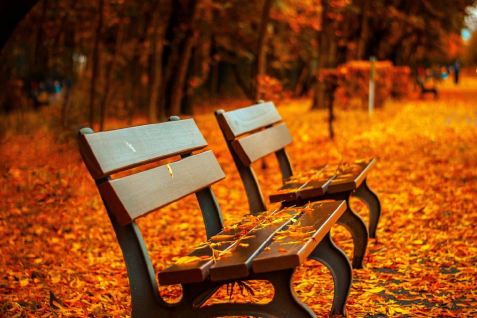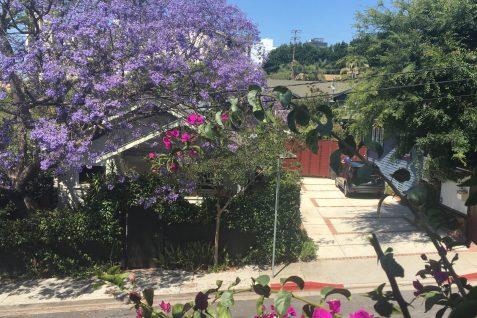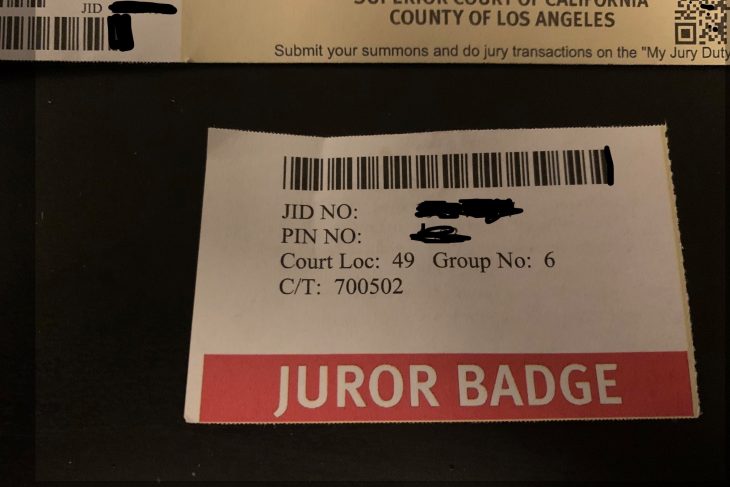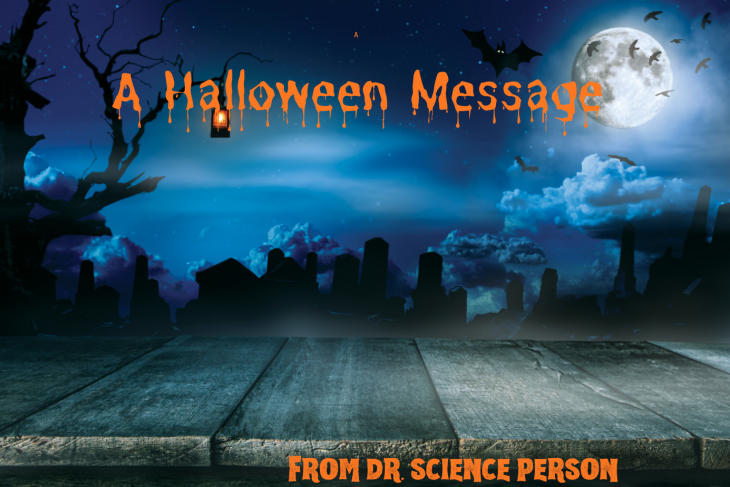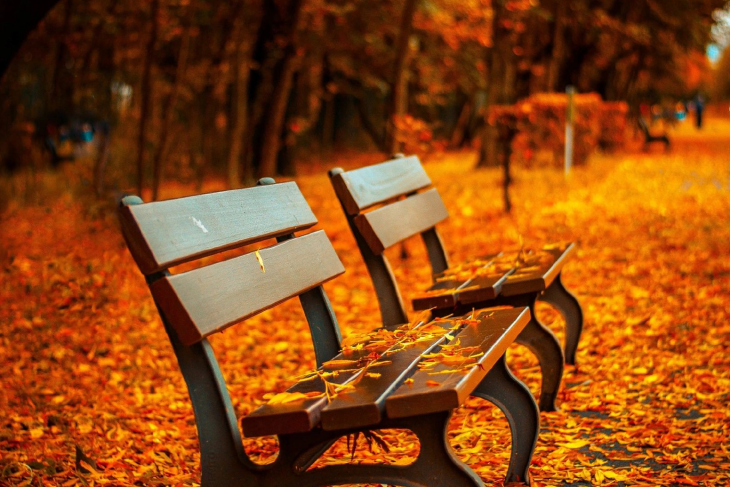Four years later
Four years ago this morning, the hospice nurse uttered a clunky, hard-to-decipher phrase. “Your father has no blood pressure,” she told me. At first, her dumb and inelegant words didn’t register. This was a woman whose job was taking care
Four years ago this morning, the hospice nurse uttered a clunky, hard-to-decipher phrase.
“Your father has no blood pressure,” she told me.
At first, her dumb and inelegant words didn’t register. This was a woman whose job was taking care of dying people. Couldn’t she have offered a straightforward, “He’s gone,” or a leaden, “I’m sorry,” or a euphemistic, “He has passed?”
Time slowed down and my feet became very heavy. A great whirring filled my head. I glanced at the pile of sheets that covered what had been my father and attempted to piece together the meaning of her words. Finally, I managed to croak out a stupid question:
“Do you mean he’s gone?”
Her answer was dumber than my question: “He has no blood pressure.”
Time snapped back in place, and with it, my ability to comprehend. I made notifications and then padded my way down the steps, past the living room, down the hallway, through the kitchen and to the family room, where I hyperventilated.
I sat alone, hyperventilating, for five minutes. Maybe an hour. Possibly a few seconds. And now it’s four years.
Sometimes it feels like forever, as if my father – a funny, accomplished, talented man who played juries and violin – was a character in a book I read once. He could spell words backward, shouting the letters rapid-fire: “L-A-T-N-E-D-I-C-C-O!” (It’s a funny word, “Occidental.”) He could speak three languages. He put ketchup in chicken soup. He was an Infantry officer. He couldn’t follow a map well. He thought fart jokes were funny. He indulged his dogs – good ones like Maggie, a regal and sweet-natured collie, and terrible ones like Casey, an obese, neurotic beagle. He hated injustice and he loved my mother.
Four years is forever. It’s longer than law school. It’s a presidential term. It’s 1,461 days. And it’s nothing. He just drove me to school, just played Paganini, just delivered a closing argument, just helped a neighbor.A hospice nurse just took his blood pressure.
Four years.
Time has been playing tricks on me lately. Or I’ve been playing tricks on time. Days and weeks and months are fuzzy. Tuesday lasts a month and September zips by in hours. Friday is the same as Monday, and Monday bleeds into Wednesday. I can tell day from night, but not June 7th from July 23rd. I’m living in Pandemic Time, which is elastic and unpredictable, lazy and urgent.
When I was a kid, time followed the rules. After the fourth grade, there was summer, which, like the previous summer, stretched an impossibly long time. It ended, as expected, with the fifth grade. Impossibly long summers sound nice, don’t they? But I grew up in Miami, where summer is brutal. It is sticky and stormy and sullen – perfect for mosquitos and snakes and sawgrass. Until I was well into my 20s and had moved to my beloved Maine, I couldn’t understand why anyone would look forward to summer. By then, though, summer had gotten shorter.
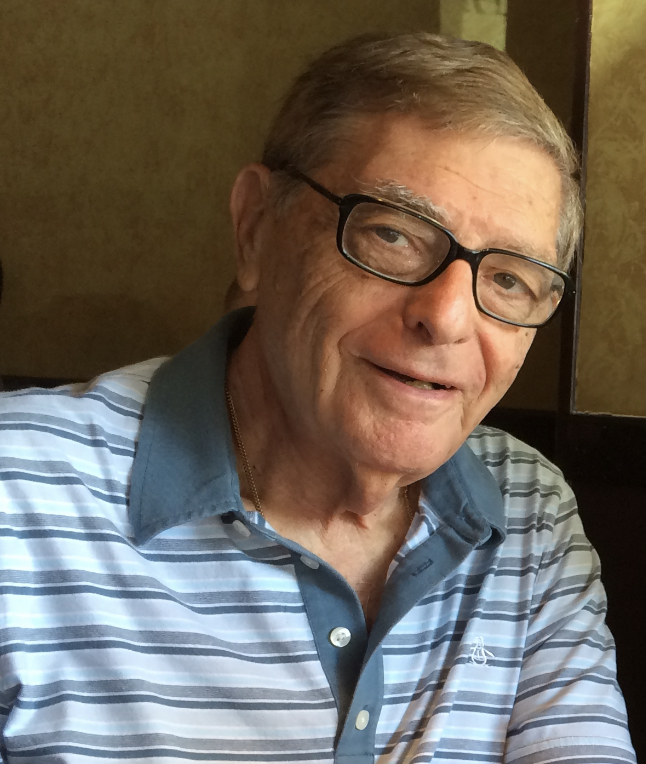
My father was born on the Fourth of July 1929. He was a few months old when the Great Depression began. He lived through wars and crises and hurricanes. He saw his granddaughter graduate college.
So much has changed in four years. That granddaughter – my niece – is now married. Like my father, she is a lawyer. Like him, she manages to be both dignified and silly. Tomorrow, she’ll be sworn in as a member of the North Carolina State Bar. She is a law clerk to a justice on the state Supreme Court. Dad would be proud of her, and he’d crack a familiar joke:“You know what you call someone who made As in law school? ‘Professor.’ You know what you call someone who made Cs? ‘Your Honor.’”
Another granddaughter is about to graduate the University of Chicago, and a grandson is a college sophomore. Not the children my father knew.
I wonder what Dad would say about the rest of this – about the pandemic and the unrest and the murder hornets. I think it would be irreverent.
Time is a trickster. It warps and folds and stretches and contracts. The rest of this will pass in confounding ways, as the past four years have.
Alvin Weinstein lived 87 years. That sounds like a lot. But Time is a trickster. An endless summer can stretch too long and 87 summers aren’t nearly enough.
